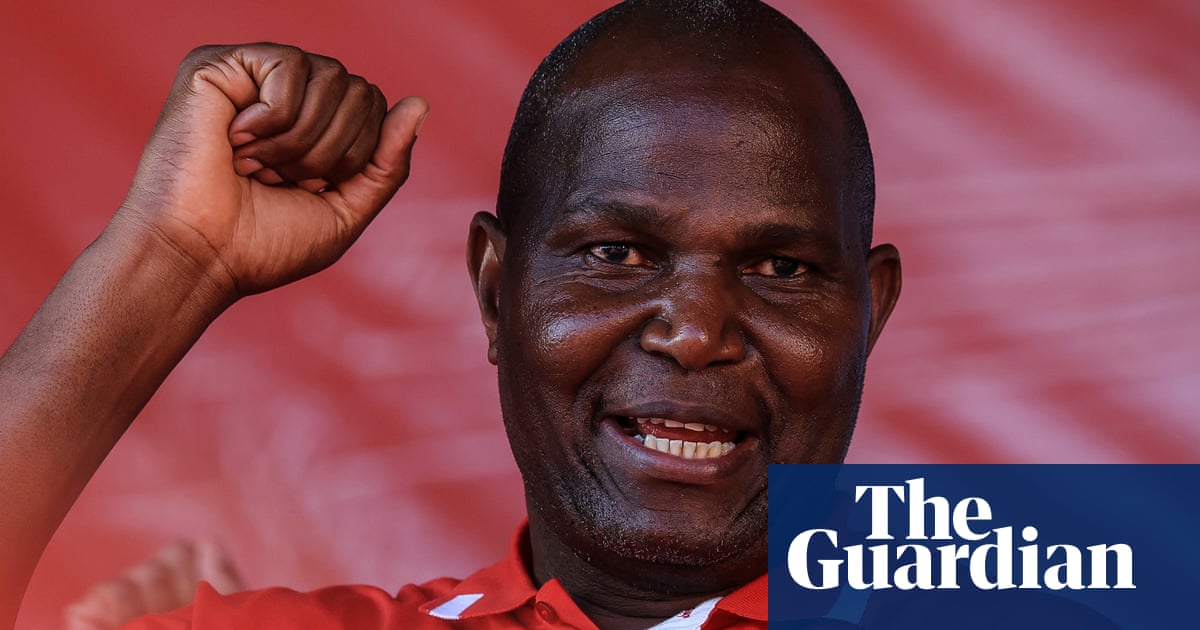
The candidate of Mozambique’s ruling party has won the presidential election with a thumping majority, after two opposition figures were killed by unknown gunmen and amid allegations that the results were rigged.
Daniel Chapo, the candidate of Frelimo, received 70.7% of the vote, the election commission said on Thursday, comfortably clearing the 50% mark needed to avoid a second round.
Venâncio Mondlane, who had captured the imagination of many young voters and who claimed to have won the election, came second out of four candidates with 20.3%.
The electoral process was marred by the killings in the early hours of last Saturday of Elvino Dias, an opposition lawyer who had been preparing a legal challenge to the results, and Paulo Guambe, an official with the Podemos party. Podemos supported Mondlane, who had been forced to contest the election as an independent.
Before the vote on 9 October, civil society groups had accused the ruling party, which has ruled Mozambique for nearly half a century, of registering almost 900,000 fake voters, out of an electorate of 17 million.
Local and international election observers claimed that the count was then falsified. Mozambique’s Catholic bishops alleged there had been ballot stuffing, while EU election observers noted “irregularities during counting and unjustified alteration of election results”.
Mozambique is one of the world’s poorest countries and is still recovering from the fallout from revelations in 2016 that the government had taken out $2bn (£1.5m) in hidden corrupt loans. That led the IMF and other international and bilateral funders to pull financial support, sending the economy into a tailspin.
Mondlane, a former radio DJ, had appealed to young voters in Mozambique where the average age is under 18, and on Wednesday in Facebook videos he called for peaceful protests.
He said: “The time has come for the people to take power and say that we now want to change the history of this country. There won’t be enough bullets for everyone, there won’t be teargas for everyone, there won’t be enough armoured vehicles.”
Zenaida Machado, a Human Rights Watch researcher, called on authorities to respect the right to peaceful protest and to investigate reports of violence and arbitrary arrests of demonstrators and journalists covering protests. “Given the conduct of security forces over the past years … I have reasons to be concerned about what the security forces might do to protesters,” she said.
Agence France-Presse contributed to this report
Source: theguardian.com


















